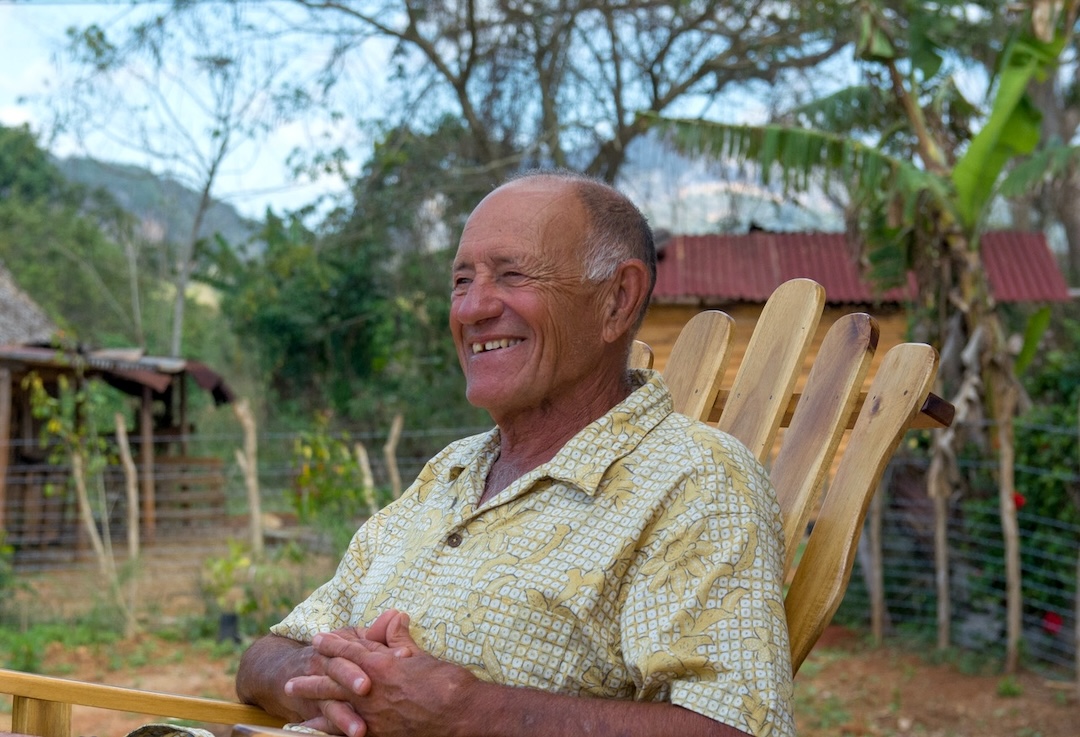Armando Menocal, 1941–2024

“Let me say it,” he whispered through a grin. “You’re young, and you’ll have plenty of time to blow things up in the future. I should handle this one.”
We were discussing a difference of opinion in climbing policy, much as we had done for the last 30-plus years. Armando and I were a bit hawkish on the particular subject, but as usual, he had a lesson for me as an activist. In this case, I learned: “You can’t show anger very often, so make sure you pick those moments when it will count.”
I would continue to listen and learn from him until a few weeks before his passing in October 2024. A year and a half earlier, Armando had stopped by our home in Lander, Wyoming, for an evening. He’d complained that he was having difficulty getting his cardio up to its usual place. Two weeks later he called us, having just seen a doctor and then a specialist. Lung cancer. He never smoked and always took care of himself, but no one can fend off bad luck.
Armando Menocal was born into a Cuban American family in Miami on March 31, 1941. He attended the University of Florida and then George Washington Law School. After finishing law school, he moved to the Bay Area to work in civil rights litigation, making weekend forays to Yosemite and the higher peaks of the Sierra.
I met him in 1989. He was this friendly, funny old guy (but not as old as I am now) who had a huge amount of traditional climbing experience, but, unlike many older climbers, he was willing to embrace the sport climbing movement. The American climbing community had been broken in two by the opening of clean, crackless faces with rappel-placed bolts. When the American Alpine Club’s old guard refused to allow their Access Committee (which Armando had been asked to form) to support sport climbing, he challenged them. They fought for years, sometimes screaming in open meetings, and eventually Armando left.
“I’m starting a new nonprofit to support all forms of climbing,” he’d said over the phone. “And it’s going to need help from a lot of people. Can I count on you?” Of course, I was in.
As he led the effort to create the Access Fund in 1990, his legal career in California was winding down. The new nonprofit would be based in the climbing hub of Boulder, Colorado, but Armando didn’t want to live there and instead began spending summers and falls in Jackson, Wyoming. That’s when we began climbing together regularly, as well as meeting for beers at the Brew Pub and watching Monday Night Football, together with a small cadre of climbers who cared about that sport. We both worked as “guest guides” at Exum, the status giving us the right to be more selective about our assignments. Somehow, Armando and I worked together more often than not.
I remember him reaching out to me in the spring of 1998. “I want to talk to you about a project I’m assisting Chris McNamara with,” he’d said. “Its sole purpose is the replacement of aging fixed anchors.” I recently spoke to Chris about the creation of the American Safe Climbing Association. “He was huge for the ASCA!” Chris exclaimed. “I was like 18 years old and knew next to nothing. He put together all the legal work for the organization.”
Armando’s will to work for the climbing community was unmatched, and his legal expertise and experience as an activist were exactly what was needed. When the Access Fund and ASCA were strong enough to stand without his tutelage, Armando went on to create Acceso PanAm to assist climbers in Latin America. For his work on behalf of climbers, the AAC awarded Armando and Access Fund co-founders Rick Accomazzo and Randy Vogel with Honorary Memberships in 2020.
Exploring his Cuban heritage, Armando traveled to the island in the late 1990s and learned about the climbing potential of Viñales, where he became a leading supporter of route development and local climbers. He also met the woman, Laura Rodriguez, who would become his wife—though not without a fight, as Armando was banned from travel to Cuba for more than a decade. They eventually married in Florida, and eventually he won the right to return to Viñales.
Armando Menocal’s warm and gregarious personality helped to draw hundreds of us to work for the rights of climbers. He was my friend, partner, and mentor. But despite all the time we spent talking about access and bolt replacement, it is his laughter I will remember the best. He was upbeat and happy, and his smile warmed any room.
—Sam Lightner Jr.

